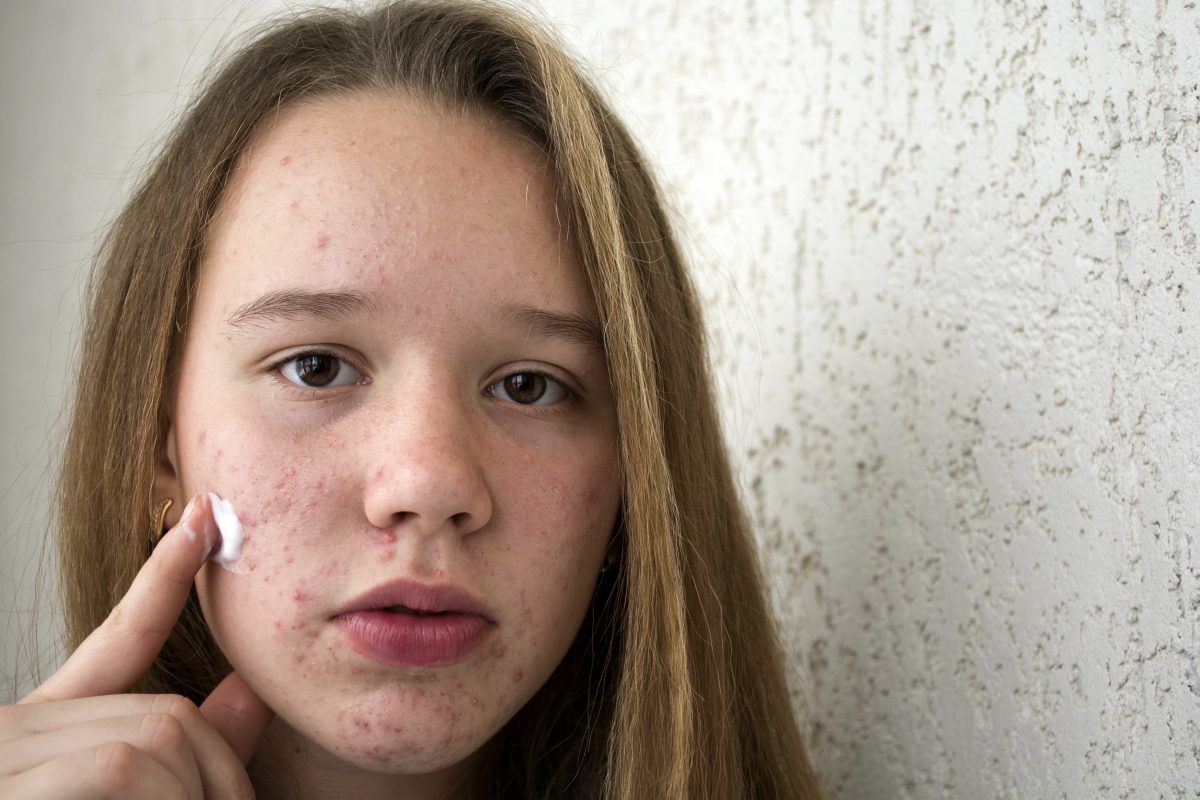People with acne are frustrated by conflicting acne treatment advice

Acne treatment is far more effective if individuals understand the need for long-term management and have a sense of control, a UK study has found.
Athena Ip and colleagues from the University of Southampton in the UK conducted a systematic review of views and experiences of people living with acne, their carers, and healthcare professionals.
The review included 20 papers from six countries and identified these major themes:
Frustrated by conflicting advice
There are a range of barriers to acne treatments, such as misleading information and advice. Individuals were uncertain about the effectiveness of treatments, which was made worse by conflicting advice and support they received from others. People were seeking a greater sense of control over their condition.
Expecting a short-term ‘cure’
People with acne tended to view their condition as short-term, and not something that needed long-term treatment. Acne was seen as a normal part of adolescence, so experiencing acne as adults was confusing and frustrating. There was an expectation that treatment would “cure” acne rather than manage it, so often people stopped treatment early if it didn’t give instant results. People also tried to change their diet and hygiene practices in the hope of curing their acne.
Wanting greater control over acne and treatments
If treatments weren’t seen as effective, many individuals felt powerless as believing in the treatment gave them a greater sense of control. Many people also chose to use complementary and alternative medicines and behavioural strategies to alleviate the psychological impact of acne. If they felt they had more control over their acne, this alleviated its impact whether the physical symptoms improved or not, and they were therefore more likely to adhere to treatment.
Frustrated by the lack of understanding of others
People were frustrated when they felt the impact of their acne wasn’t recognised by others. Some family members implied self-blame by remarking that individuals hadn’t “grown out of” their acne. The psychological impacts of acne included low self-esteem, feeling self-conscious, embarrassed and ostracised by a society saturated with images of perfect skin.
It was common for people with acne to avoid social situations and have trouble with relationships. People with acne suffered self-blame and believed poor diet or hygiene might have caused their acne. They also believed some healthcare providers trivialised acne, so they avoided consultations and tried alternative treatments instead.
Concerned about adverse effects
People were uncertain about how effective their treatments were, and many were concerned about side effects. While many individuals saw oral isotretinoin as an effective treatment, they were concerned about the medication’s potential side effects.
Key findings
This review highlights that individuals need reliable information about acne treatments, how to use them, how long they take to become effective, and how to manage side effects, the authors said. Patients also need support with the psychological impacts of their acne, and to have a sense of control over their condition and treatment.
Read more
Maskne: 6 steps to managing mask-related breakouts
Acne & self-esteem: How outbreaks affect social media use & relationships
Survey reveals the financial cost of self-treating acne
How gut health affects our skin
